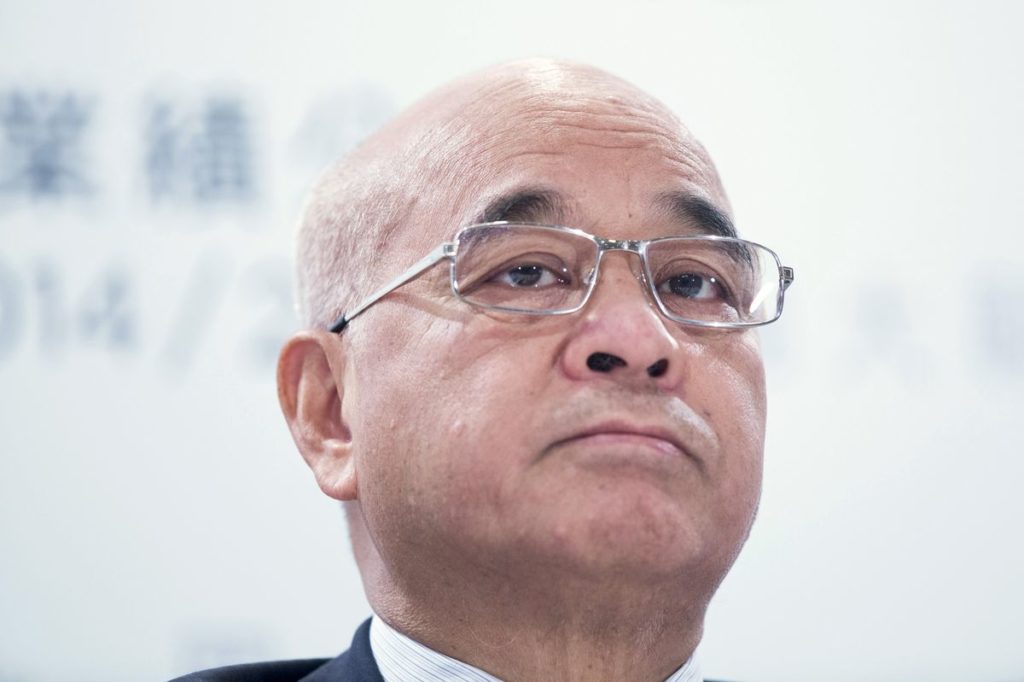
Hong Kong’s billionaire Cheng family, which controls a real estate and jewelry empire, is exploring a bid for European fuel supplier Varo Energy BV, people with knowledge of the matter said.
The companies have held talks about a deal that could value Varo Energy, backed by investors including Carlyle Group LP, at about 2 billion euros ($2.3 billion) including debt, according to the people. No final agreements have been reached, and there’s no certainty the negotiations will lead to a transaction, the people said, asking not to be identified because the information is private.
Tycoon Henry Cheng has been pursuing acquisitions as he leads family-owned conglomerate Chow Tai Fook (Holding) Ltd. beyond its property roots. The group completed its first foray into Australian utilities with the 2017 purchase of power producer Alinta Energy Holdings Ltd., Bloomberg-compiled data show. Last month, an arm of the family’s New World Development Co. agreed to buy a Hong Kong insurer for $2.75 billion.
Reggeborgh, a private Dutch investor, and Vitol Group, the world’s biggest independent oil trader, also own stakes in Varo. In April, the company — which has a head office in Switzerland and is registered in the Netherlands — scrapped plans for an initial public offering due to unfavorable market conditions.
Representatives for Varo, Carlyle, Reggeborgh and Vitol declined to comment. A spokeswoman for the Chengs’s publicly traded retail business, Chow Tai Fook Jewellery Group Ltd., said she couldn’t immediately comment on behalf of the family. A representative for their listed property flagship, New World Development, didn’t immediately respond to emailed queries.
The proposed Amsterdam Stock Exchange listing may have valued Varo at as much as 2 billion euros, people familiar with the matter have said. Each of the company’s three shareholders had planned to sell a third of their shares.
Varo runs hundreds of fuel stations throughout the Netherlands, Belgium, France and Germany. It also owns stakes in two refineries and controls about 3 million cubic meters of fuel-storage capacity, according to its website. The company had $13.4 billion of revenue in 2017.